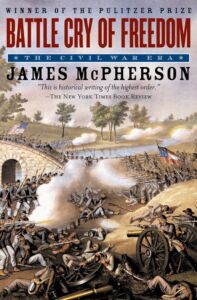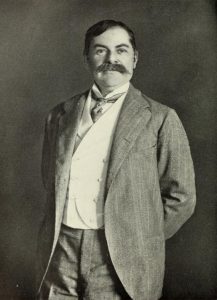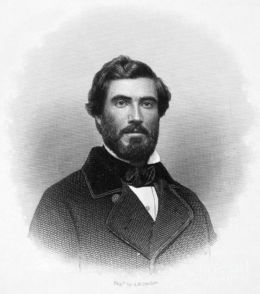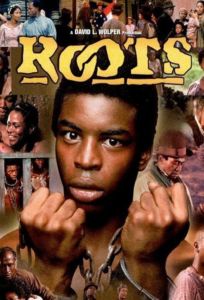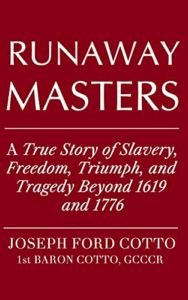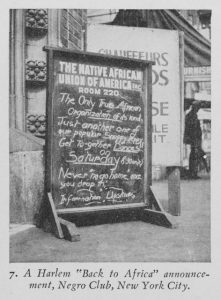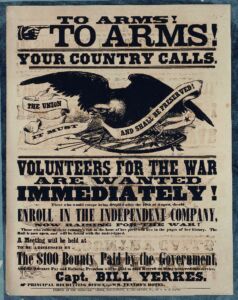
US Civil War recruiting poster, 1863 (image courtesy of Picryl)

US Civil War recruiting poster, 1863 (image courtesy of Picryl)
2,538 words
Part 2 of 2 (Part 1 here)
[The present constitutional crisis over slavery] embraces the fearful issue whether the Union shall stand, and slavery, under the steady, peaceful action of moral, social, and political causes, be removed by gradual voluntary effort, and with compensation; or whether the Union shall be dissolved and civil war ensue . . . — William H. Seward, speech to the US Senate, 1850
Their vices are vices aped from white men, or that white men and bondage have taught them: improvidence and intemperance and evasion — and laziness . . . Promiscuity. (more…)
